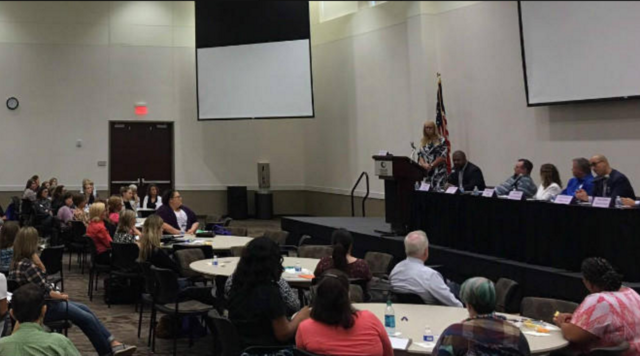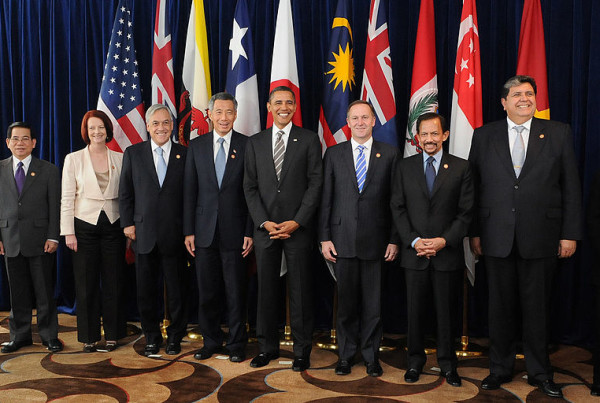From KERA News:
“More than 75 percent of transgender students report feeling unsafe in school,” says Leslie McMurray as she talks to a crowd in a Collin College conference room.
McMurray ran through other statistics: more than 63 percent of transgender students say they avoid using public restrooms because of fears of harassment and assault, according to the Gay, Lesbian and Straight Education Network.
The audience was filled with educators from North Texas school districts including Plano, McKinney, and Frisco. McMurray is a transgender woman. She explained that means she is a woman, despite the male anatomy she was born with.
Jeanne Rubin is president of the North Texas Gay and Lesbian Alliance, a co-sponsor.
“Nobody else is doing this,” Rubin says. “I think it probably is among one of the first of its kind north of 635 or in Collin County, for educators, lots of whom have questions, probably about transgender students. But there was nobody to give any answers.”
Other speakers included a doctor, some attorneys, a parent of a transgender student. They explained some basics about transgender people.
High school counselor Andrea Douglas welcomed the event.
“This is a population that we’re starting to see more and more in our counseling office,” Douglas said. “So being able to have some valid information we can share with these students and their families certainly will help me and my job but also help those students as they are dealing with some of these issues.”
Sometimes a counselor is the first in a school to work with a transgender student. Counselor Alma Campo isn’t working with any transgender kids yet. That’s understandable since research shows numbers are small. Somewhere between .3 percent and 1.2 percent of the population identifies as transgender. Campo wants to be ready.
“To be able to lend support to students, so that they can have a place to go if they do need to just talk to somebody and not feel they can’t speak to anyone at all,” Campo says.













